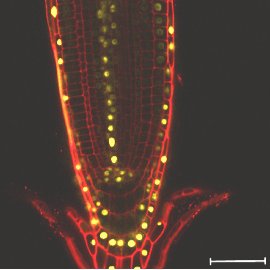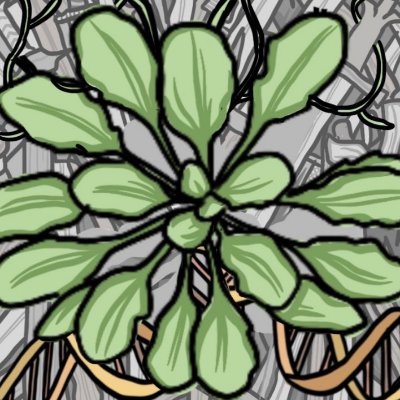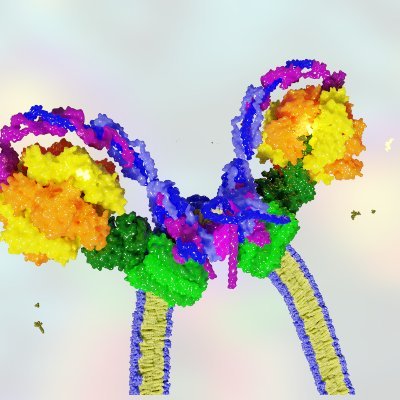
Alexander Ware
@alexandergware
Followers
117
Following
354
Media
1
Statuses
24
Postdoc, @Bishopp_Lab How did the duckweed lose its root?
Nottingham
Joined July 2018
RT @seba_moreno_r: 🚀Exciting news! I'm thrilled to share my first preprint as a post-doc at @slcuplants. We used snRNA-seq to capture, for….
0
65
0
RT @Bishopp_Lab: We're looking for two postdocs to work in Nottingham on an interdisciplinary collaborative project with the @etienne_farco….
0
37
0
Great to see this (co-corresponding!) work from my postdoc out in the wild in Current Biology. Duckweeds are really odd little aquatic plants, and have roots they don't really need. Tony has summarised it beautifully here:.
What do snakes, cavefish and duckweed have in common? They are now all models for understanding organ loss. Inspired by research on limblessness in snakes and vision loss in cavefish, we examined root loss in duckweed. Paper here: in @CurrentBiology.
2
3
18
RT @efronilab: We had a beautiful hypothesis about how auxin triggers root regeneration. It flows down from the stele and because it can't….
0
38
0
Great to chat with @CHollyWalker and @wokingplants about our long journey towards understanding more about the end of flowering. Reminded of how excellent it was to collab with @tombennettlab and so happy to have a chunk of my PhD out in the wild!.
On GARNet Community podcast we chat about auxin, mind-numbing phenotyping and local arrest of flowering w @alexandergware @CHollyWalker from @PlantSciNottm @PlantSciLeeds .📖 @NaturePlants.👂 below or search ‘GARNet Community’ on your fav podcatcher ✅ .
0
1
9
RT @nature: Nature has launched its first-ever survey dedicated entirely to postdocs, a crucial but often marginalized segment of the scien….
0
202
0
RT @NaturePlants: New Article: "Auxin export from proximal fruits drives arrest in temporally competent inflorescences" .
0
21
0
what I would've given for this in undergrad.
A quick zoom in from cell to pyruvate dehydrogenase (PDH) in a mitochondrion, from 'Chapter 4 | Macromolecular Machines' in our new First Year Animated Textbook 'Life | Unit 1 | From Atoms to Cells'. #biology #animation #education
2
0
8
RT @NaturePlants: "A Renaissance painting reveals how breeding changed watermelons" & "The Evolution of the Waterme….
0
28
0
Enormous respect for the flower removal experiments @CHollyWalker!.
This is the result of a year of blood, sweat and tears (literally), and I'm very proud of it. Great collaboration with @alexandergware, Zoe, Tony and Karin, with some very exciting results. Classic auxin, being involved in everything. .
0
0
3
RT @ThisSunOfYork: 1/2: Here it is @GARNetweets, 3rd pre-print of the week. Superb work from @CHollyWalker assessing how flowering ends….
0
3
0
Super happy to say our preprint on why flowering ends in Arabidopsis is out!. Spoiler: Auxin is involved - and only 'old' meristems are sensitive to it. Big thanks for the collaborative effort @CHollyWalker @ThisSunOfYork @Bishopp_Lab & the Ljung group.
1
6
26









